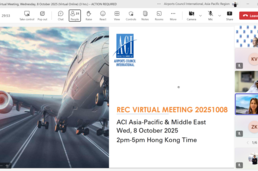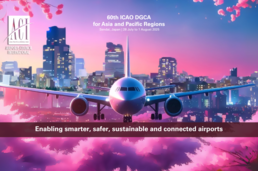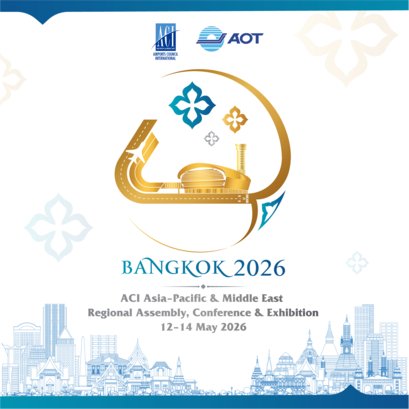
Nelson Airport’s Project 2-Zero Open for Public Consultation
- 2023-06-12

Project 2-Zero – Nelson Airport’s plan to ensure a sustainable future for the home of aviation in Nelson-Tasman – is now open for public submissions.
On Saturday 10 June, The Nelson City Council publicly notified the airport’s application to amend its current designations. The consultation period runs until 4pm on 10 July 2023.
Nelson Airport chief executive Mark Thompson says the application aims to protect and provide for the airport’s current and future operations, including the ability to extend the runway within the next 10 to 15 years, by ensuring appropriate land designations and zoning are in place.
“Our runway is among the shortest in the world catering for ATR aircraft and is expected to be too short for future low-emissions aircraft. Expert advisors tell us these aircraft are likely to require longer take-off and landing facilities than we currently provide,” Mark says. “Our vision is to be a world-class airport where zero-emissions aircraft operate. An extended runway is a critical part of our ability to achieve that goal.”
The airport application is in two parts:
- A Private Plan Change application to amend the airport’s zoning in the Nelson Resource Management Plan from the current mix of industrial, open space and recreation, and residential zoning, to a specific Airport zone. It would also ensure a more consistent approach to controlling the development and intensification of sensitive activities (such as housing) around the airport.
- A Notice of Requirement to alter the airport’s existing designations in the Nelson Resource Management Plan. The proposed alterations to the Aerodrome, Airnoise Boundary Controls and Airport Height Restrictions designations will protect and provide for the runway extension, the activities of a contemporary regional airport and forecast levels of airport activity out to 2050.
The application includes the introduction of a best practice noise mitigation package for qualifying existing homes in areas covered by the airport’s “noise contours”.
Noise contours are a planning tool that defines the level of noise that can be expected from aircraft operations in areas near the airport. They also place limits on how much noise the airport can generate in these areas.
“The noise mitigation package is a significant improvement to the airport’s existing noise management regime. It means the airport will fund noise reducing features such as mechanical ventilation and acoustic insulation for qualifying homes,” Mark explains.
The key drivers for the future runway extension are:
- To ensure Nelson Airport is set up to host future sustainably-powered aircraft, which are expected to require longer runways than Nelson Airport currently provides
- To remove existing weight restrictions for current aircraft operating at Nelson, allowing them to operate more efficiently
- To improve safety by providing for additional buffer areas for aircraft, known as Runway End Safety Areas (RESA)
Mark says: “It’s important people understand what we are proposing – and also what we aren’t proposing. The runway extension is not intended as an enabler for jet aircraft, nor is it being sought to increase the frequency or hours of flights.
“Activity at the airport will change over time, but extending the runway is about setting us up for a low-emissions future for aviation and allowing our existing operators to fly more efficiently with full loads.”
More information about Project 2-Zero, including how to make a submission, can be found at nelsonairport.co.nz/project-2-zero or shapenelson.govt.nz.
- CATEGORY
- COUNTRY / AREA
- New Zealand
- AUTHOR
- Nelson Airport









